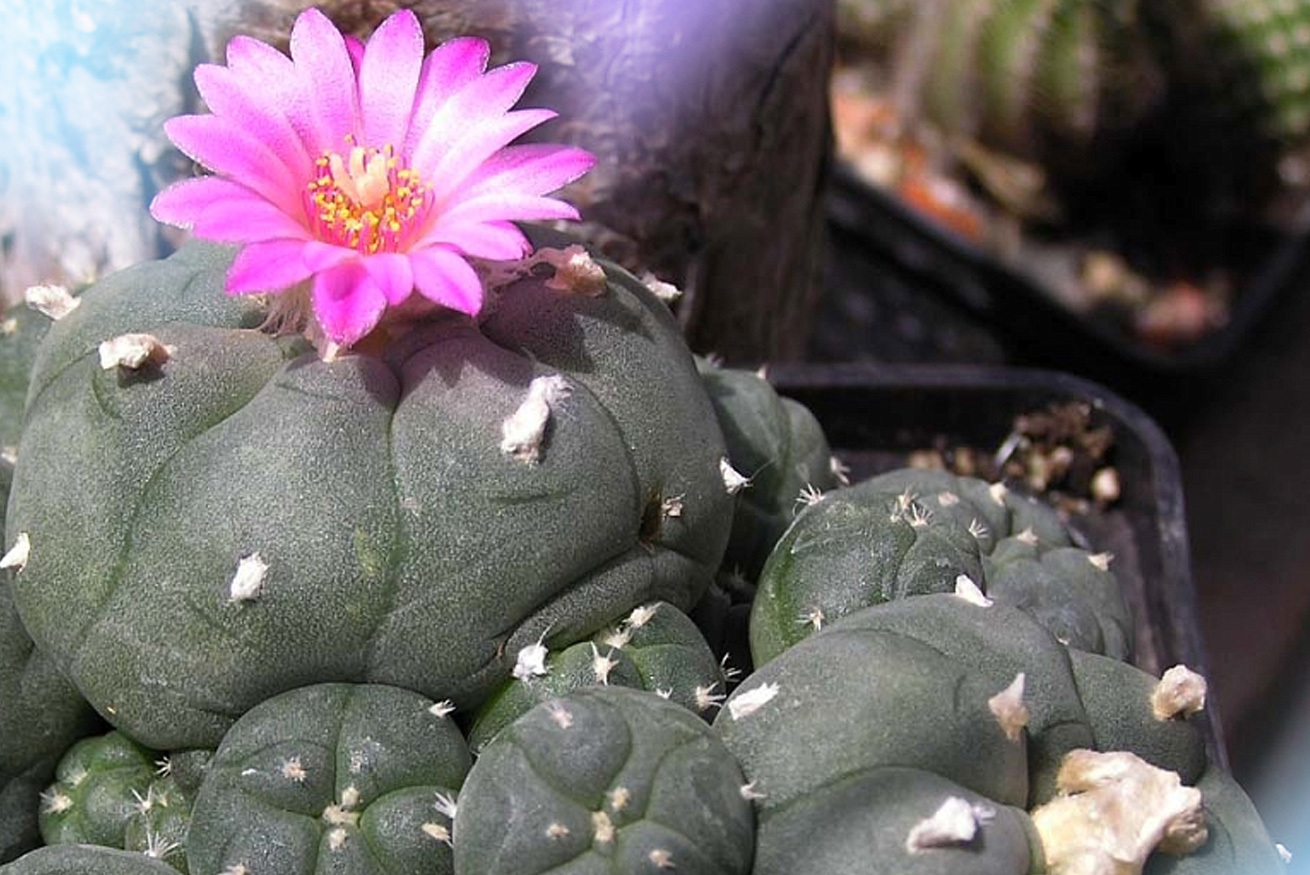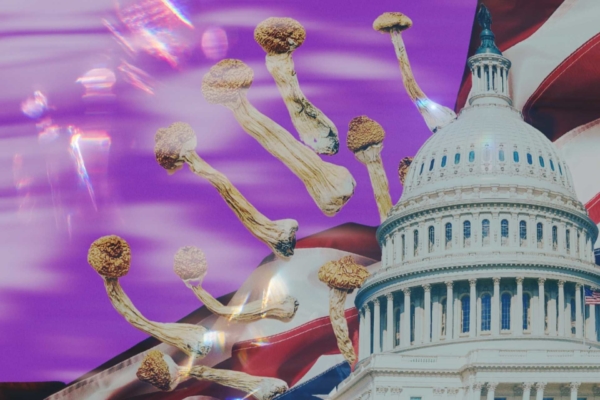
Less than two years after Santa Cruz, California, decriminalized a variety of plant-based psychedelics, the city has decided to recriminalize peyote.
Peyote is a cactus with psychoactive properties native to Mexico and a small area of South-Western Texas. The plant has a long history of ritualistic and medicinal use by Indigenous North Americans. However, peyote’s conservation status is now considered “vulnerable” by the IUCN Red List of Threatened Species due to habitat destruction, illegal poaching, and unsustainable harvesting practices.
During a meeting last month, Santa Cruz City Council amended its prior resolution, which made the adult personal use and personal possession of entheogenic psychoactive plants and fungi the lowest law enforcement priority for the city. Now, that resolution excludes peyote and other cacti containing mescaline.
The following was instead added to the resolution: “Be it further resolved that local decriminalization efforts that include peyote can be disruptive to the nation-wide strategy driven by Native American people to protect conserve and ensure the spiritual and ecological sustainability of peyote. Therefore, this policy shall not apply to peyote or other entheogenic cacti that contain phenethylamine compounds such as mescaline.”
In its Agenda Report, the city council explained its decision, stating: “The changes address concerns raised by members of the community regarding the poaching and extraction of wild peyote populations, ultimately impacting Native American peyotists. This is not due to opposition to decriminalization efforts in general, but because there is an entire conservation strategy already underway.”
Earlier this week, the Seattle City Council also chose to keep the sacred entheogen out of its resolution to decriminalize natural psychedelics because of disagreement over whether the cacti should be included in decriminalization efforts.
Both the National Council of Native American Churches (NCNAC) and the Indigenous Peyote Conservation Initiative (IPCI) are against the decriminalization of the psychoactive substance found in a small, spineless cactus. In a statement shared by The Chacruna Institute of Psychedelic Plant Medicines in 2020, the two groups said their concern was that “the message being portrayed within decriminalization resolutions could provide a false sense of legality.”
“The collateral and unintended effect could be to increase interest in non-native persons either going to Texas to purchase peyote or to buy it from a local dealer who has acquired it illegally and unsustainably in Texas,” the letter said. “Both scenarios, we fear, with further foment the peyote black market and unsustainable practices in South Texas and compromise the decades-long work on the part of Native American peyote spiritual leaders and allies.”
Following Santa Cruz City Council’s changes, advocacy group Decriminalize Santa Cruz (DSC)—who supported the passage of the original resolution which included peyote—penned a letter of apology to Native American Church practitioners and members, and the Indigenous Community.
“DSC apologizes for our lack of cultural sensitivity surrounding the peyote cactus (Lophophora williamsii) and discounting Indigenous consultation in the process of decriminalizing entheogenic plants and fungi,” the group said. “We recognize the inclusion of the peyote cacti in our resolution is dangerous because it may contribute to the ongoing crisis in the sacred gardens of South Texas for generations to come.”
Additionally, the Wixárika Regional Council for the Defense of Wirikuta—sacred desert land where peyote is harvested during annual pilgrimages—has stated that Decriminalize Nature does not represent their interests.





